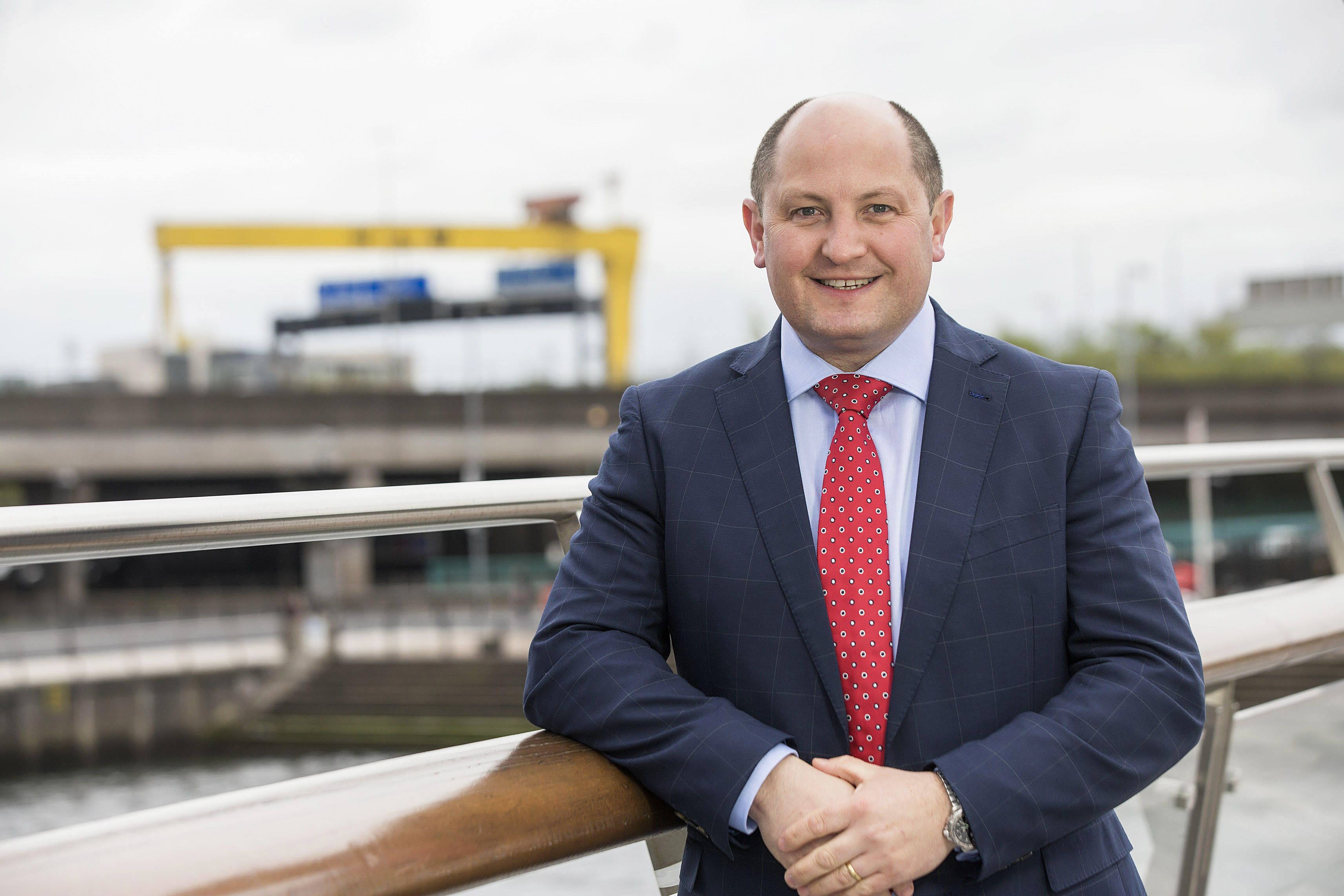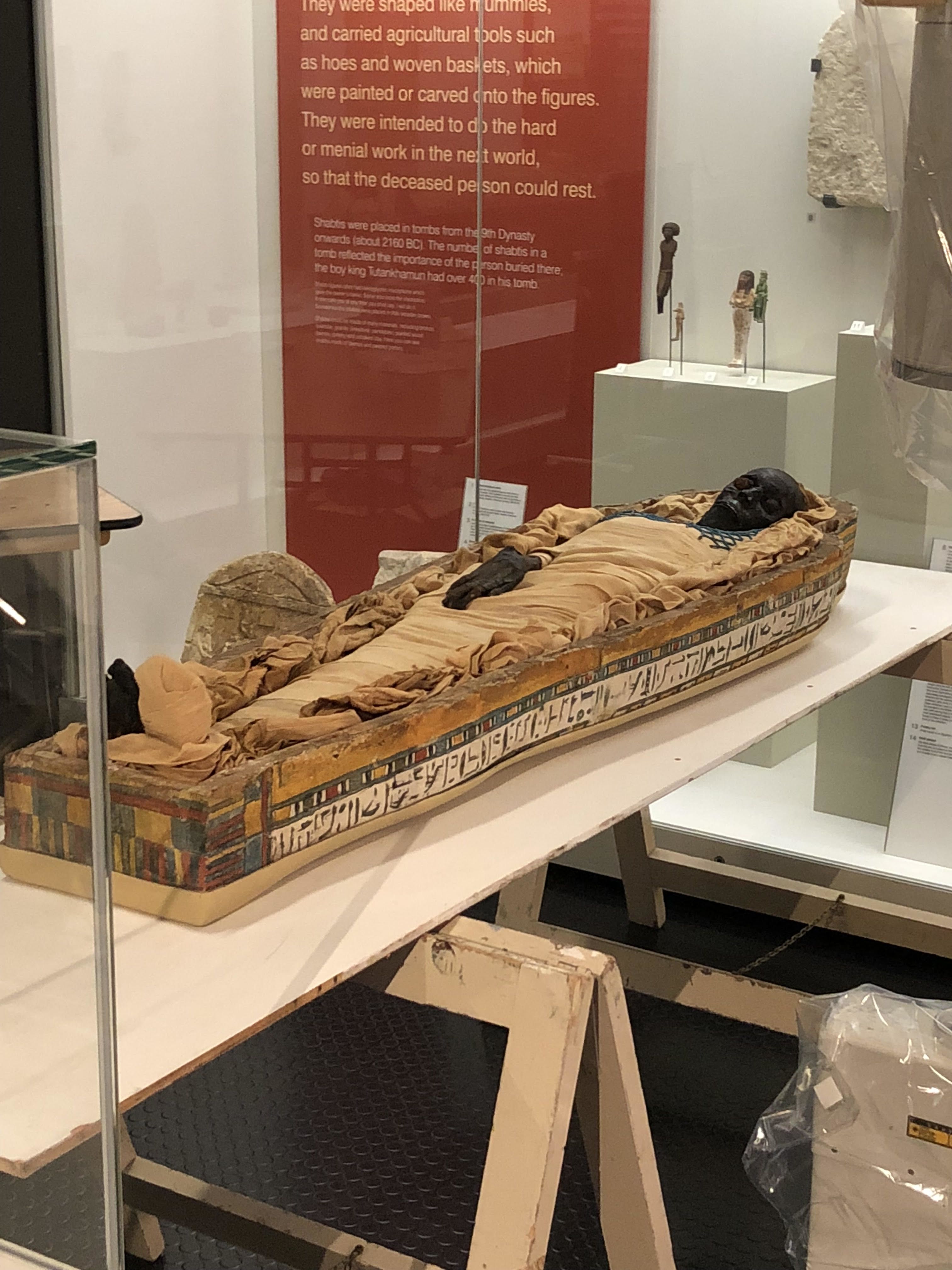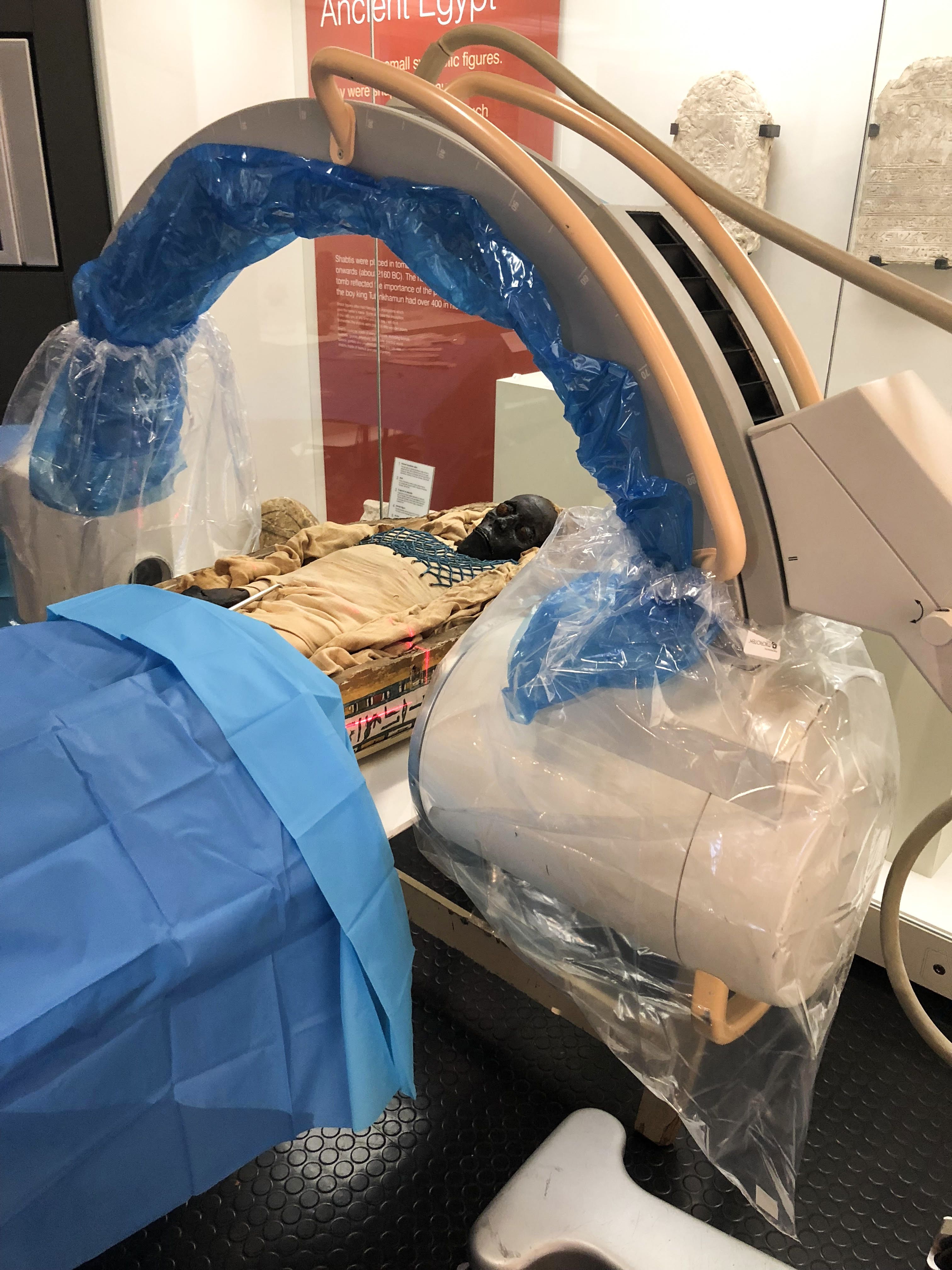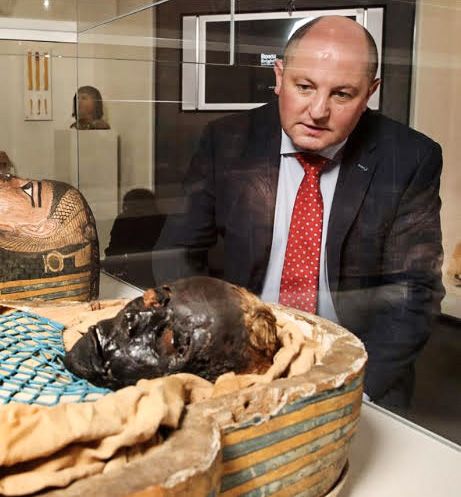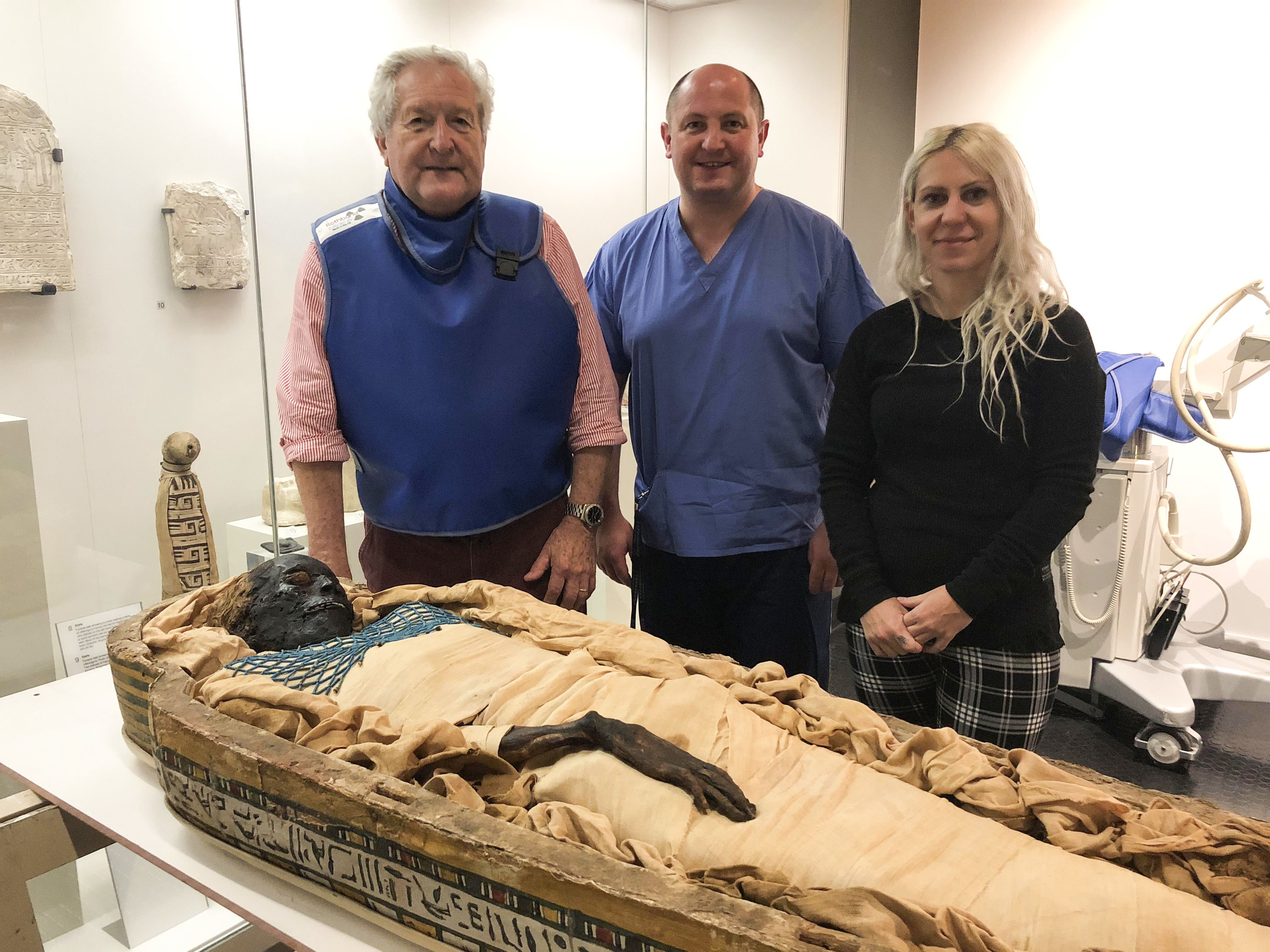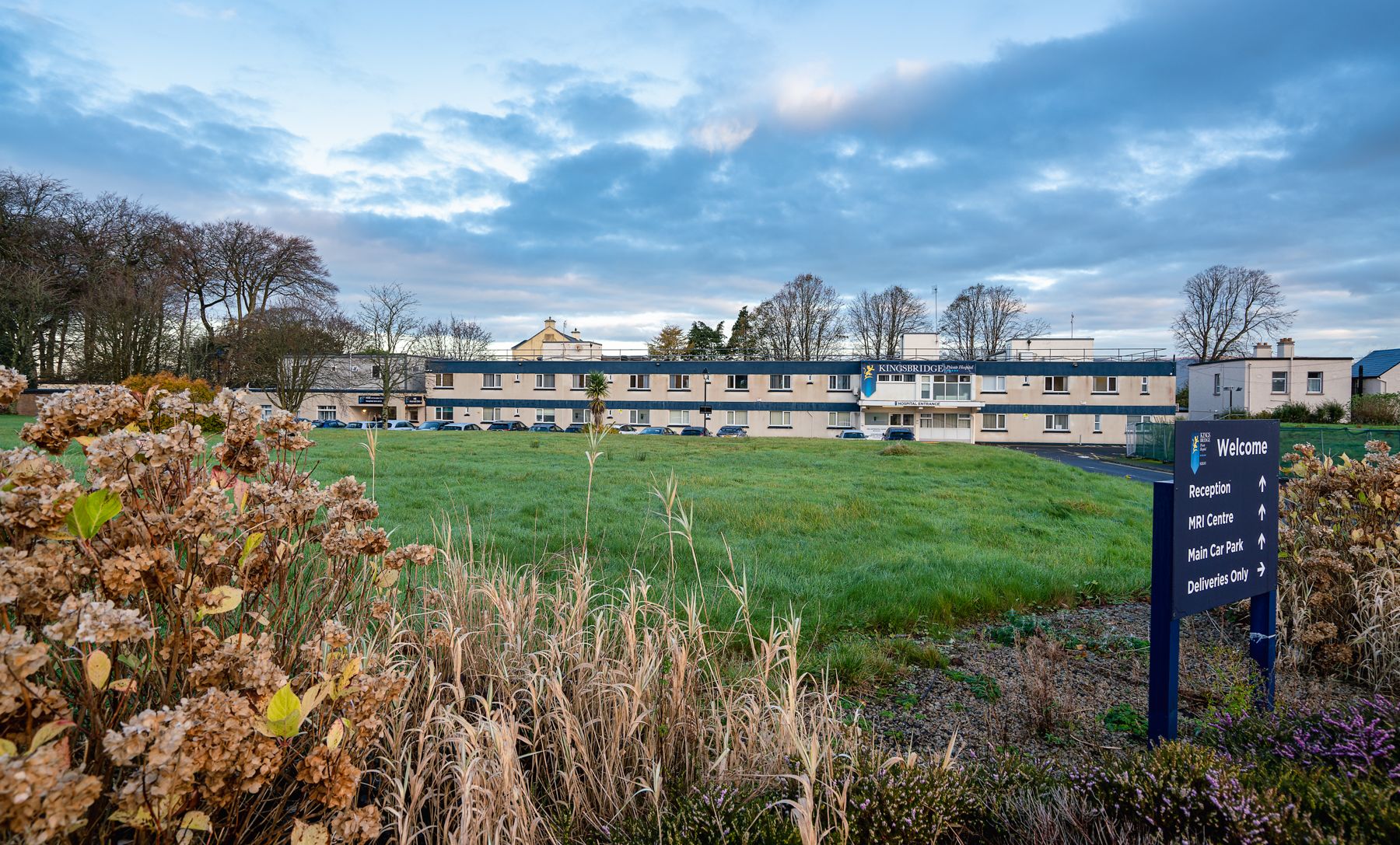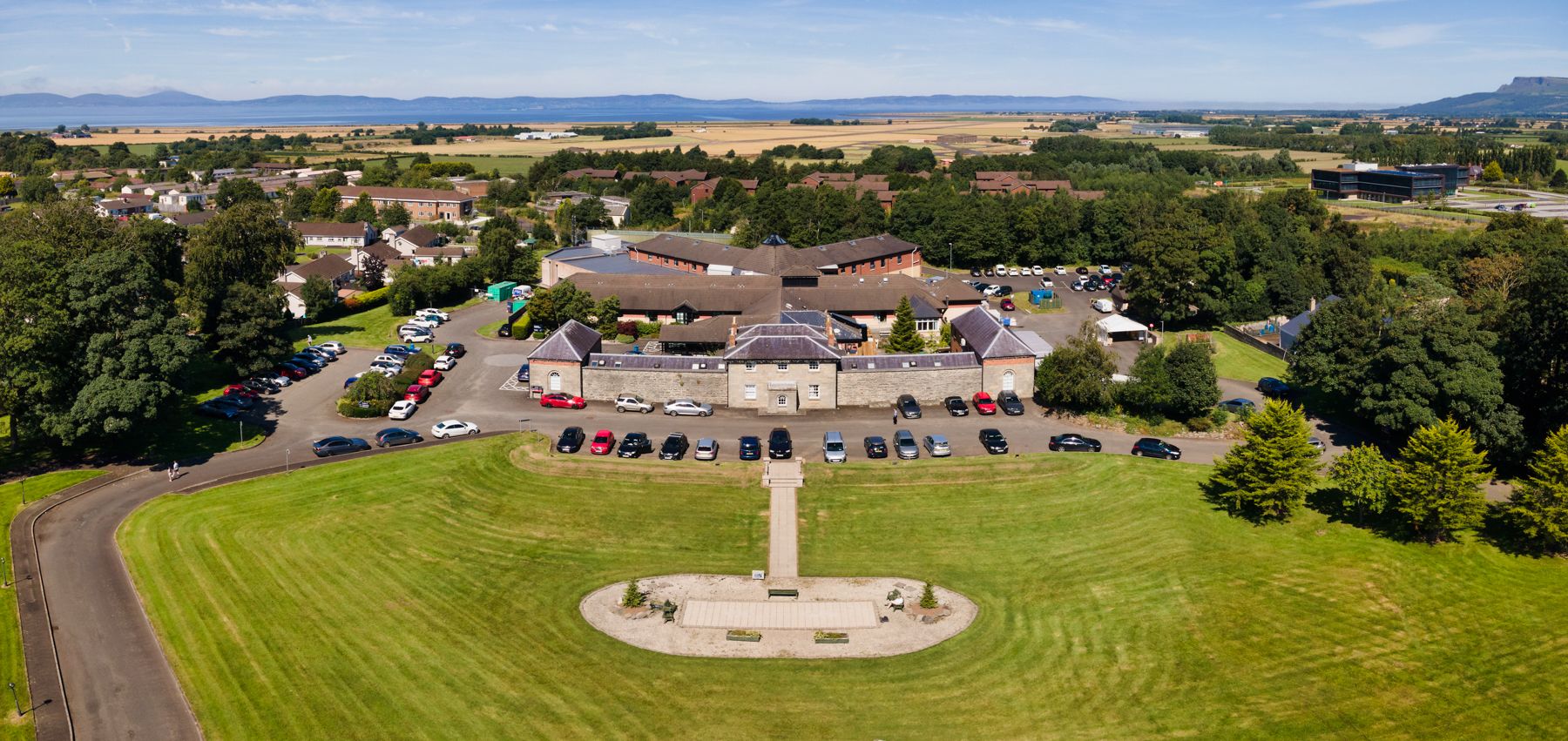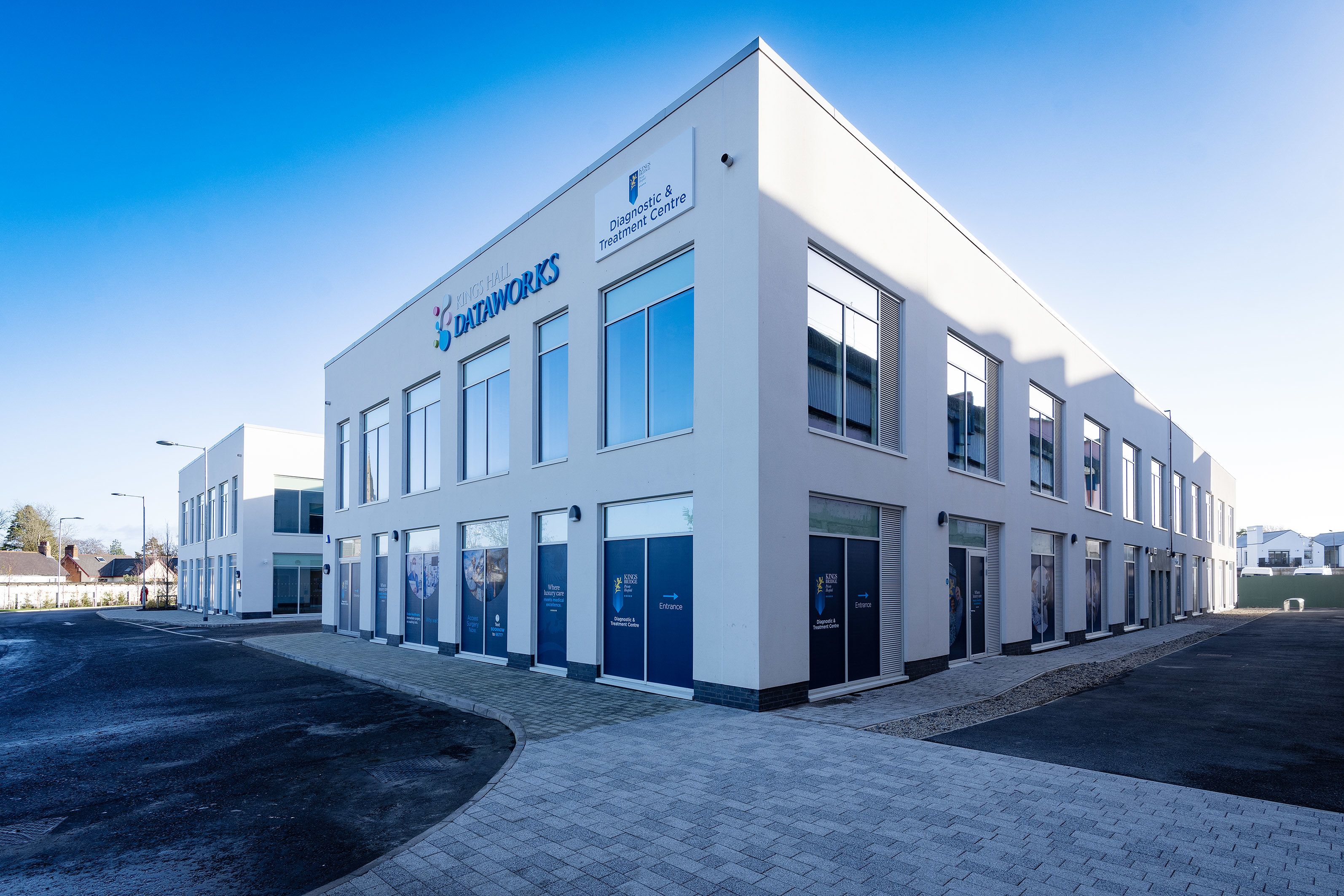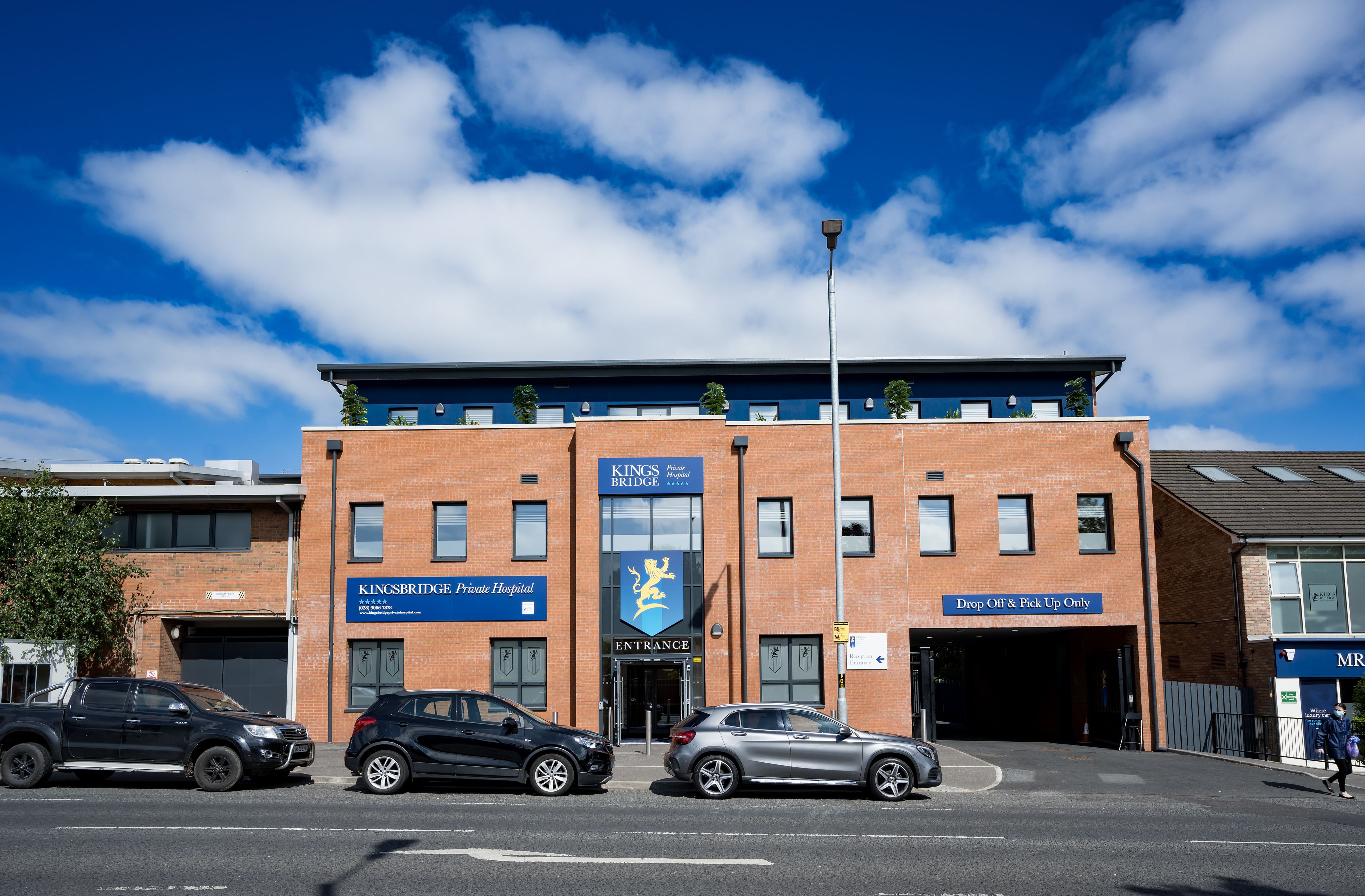Profile: Mark Regan
Empowered by private care
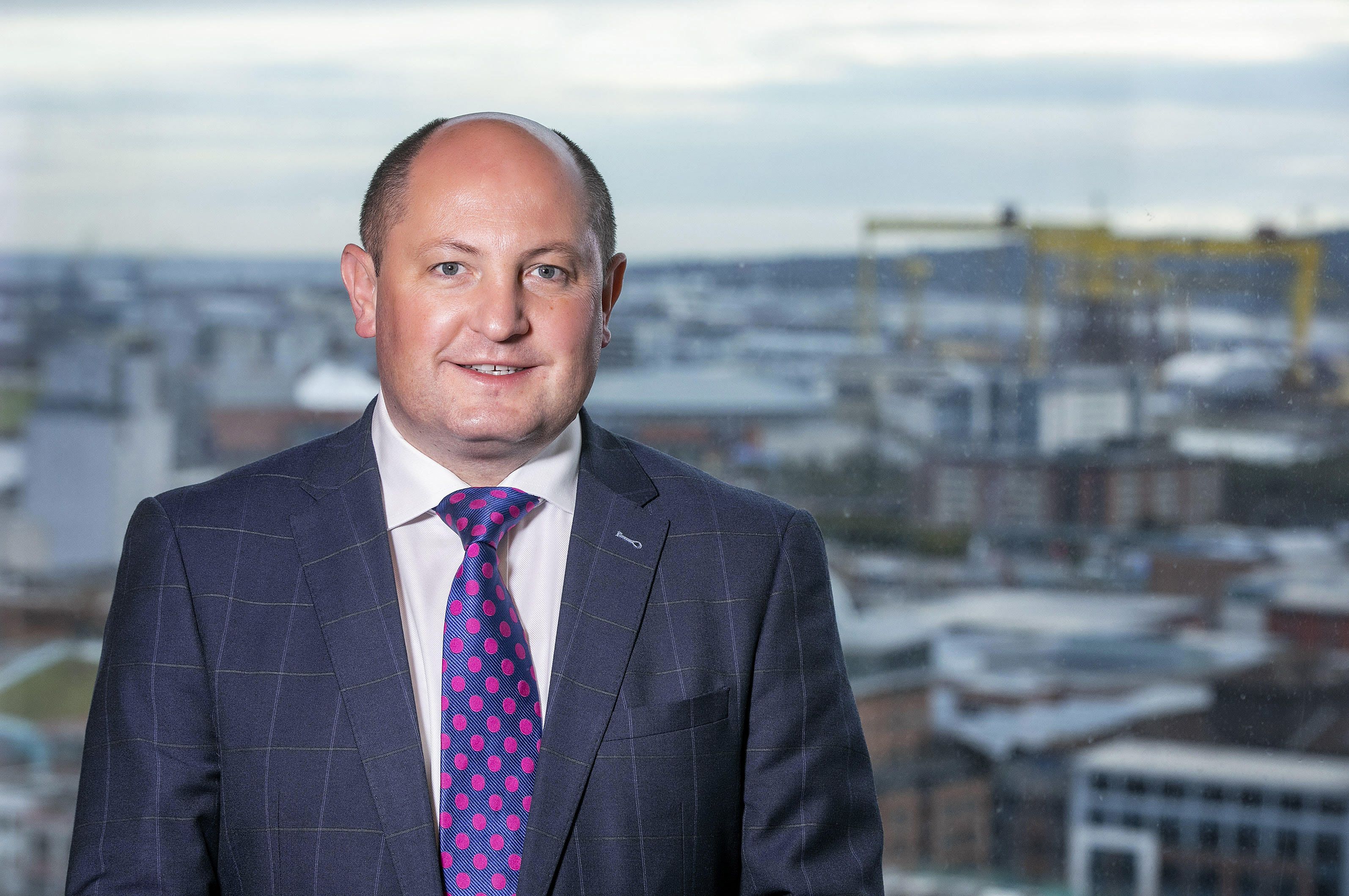
Profile: Mark Regan
Empowered by private care

Profile: Mark Regan
Synergy speaks with Mark Regan, CEO of Kingsbridge Healthcare in Belfast, to discuss the role of private hospitals in radiography
Healthcare capacity has lagged far behind demand across Northern Ireland and the Republic of Ireland in recent years. A solution, however, was found for the Republic of Ireland by sending patients north across the border for treatment.
However, a reciprocal arrangement has not been found for patients from Northern Ireland.
This story is similar to dozens of others from Kingsbridge Healthcare Group in Belfast. Patients who would otherwise have languished for months, or possibly even years, on public sector waiting lists on both sides of the border were able to receive earlier treatment in the private hospital setting.
On the eve of widespread strike action in NI, Synergy visited Mark Regan, CEO of Kingsbridge, to hear more about his work, the efforts of the hospital, and how the private sector can help aid the workforce and waiting list crisis afflicting the NHS.
‘A totally different world of radiography’
Mark graduated from Ulster University in 1998 as a diagnostic radiographer. He told Synergy that, in those days, there was an “abundance” of radiographers, making it difficult to find employment – a strange reversal from the situation today.
In search of a job, Mark headed down the east coast of Ireland with a stack of 20 CVs in envelopes and called into every department on his way down, asking to speak to the radiology service manager in each. Finally, at Adelaide and Meath Hospital in Tallaght, South Dublin, he got the response he was looking for: “When can you start?”
“It was a totally different world of radiography,” Mark said. “She hadn’t even opened the envelope. I had nowhere to stay, there was no interview, so I just said ‘why not this afternoon?’”
He explained that he came back in the next day and worked as a radiographer for the Health Service Executive (HSE) of the Republic of Ireland – the equivalent to the NHS – for a few months, and began working his way back north before returning to the NHS, where Mark worked at Antrim Area Hospital, 15 miles north of Belfast.
After being in the public sector for around four years, Mark got an opportunity with Italian pharmaceutical company Bracco, which makes contrast media agents for medical imaging. From there Mark went to the Philips Medical Services (now Philips Healthcare) office in Ireland, based out of Dublin, selling CT and MRI scanners.
The year was 2004, and the NHS was struggling to meet growing demand – although, Mark admitted, the picture was rather different back then.
“There was an element of capacity shortfall, but not the way we see it today,” he explained.
Then one day, Mark got a phone call from a gynaecologist in Belfast, Dr Suresh Tharma, and his business partner, Mr Ashok Songra, consultant head and neck surgeon, who wanted to install a new CT scanner in a Victorian house near Belfast city centre, with the aim of offering cardiac CT scans for both the NHS and as a screening service. Thus was born Kingsbridge Healthcare Group.
Mark added: “It seemed completely irrational at the time, but the founders had the vision to change healthcare within Northern Ireland and provide greater choice while lowering waiting times, because there was very little private access to healthcare. Many laughed at this idea, but it didn’t take me long to share his vision and take him seriously.
“During the procurement process we had to fly to Eindhoven, Netherlands to view the scanner and before the plane had even touched down, he had convinced me to leave Philips and come and work for him.”
Mark began his career as a diagnostic radiographer, before the switch to the private sector
Mark began his career as a diagnostic radiographer, before the switch to the private sector
The birth of Kingsbridge
Mark began as operations director at Kingsbridge in 2008, working to help fill the “real need for alternatives” that he saw in the provision of healthcare beyond the public sector.
“I’ve loved every single day of working at Kingsbridge,” he added. “That ability to be innovative, and make services become a reality within days or weeks, and not have to go through various meetings and approvals for months or years was amazing. Some would call it empowered, to make a difference, and that brings real genuine job satisfaction.”
One of the very first things Kingsbridge had done was to bring a private GP into the company – making it the very first dedicated private GP service in Northern Ireland.
“I remember one of my colleagues laughed at me when I said that, because he thought no-one would ever pay for a private GP appointment,” Mark added. “But I knew they were paying to see consultants, so we couldn’t see why it was any different for a GP – although, you’re only waiting a few days to see them.”
Kingsbridge now employs 13 private GPs within the group, with six or seven working every day and they are busy all day with appointments, Mark said.
When the firm first started, they had around 10 consultants, a number which has now grown to 450, including 25 that come from England to work for the company in reducing NHS waiting lists. The company employs more than 1,000 people in total and performs 30,000 surgeries per year.
The benefits of radiography
Mark said: “I have a passion for healthcare innovation, but that initial training and foundation in radiography has been hugely helpful in working with consultants, as they frequently have to explain things, such as how to do a procedure, or an idea for a new service – being a radiographer gives you a very broad brushstroke of all aspects of the hospital or healthcare and thus makes it easier to understand what they are trying to convey.
“Radiography has been a huge help to my career. I couldn’t do what I’m doing if I hadn’t been a radiographer. It’s been a huge benefit. I’m very supportive of the profession, even though I haven’t been doing it for the last 16 years.”
Mark explained that the last ‘person’ he scanned was the Egyptian mummy on display at the Ulster Museum.
After being obsessed with the exhibit as a child, visiting every Wednesday without fail, Mark described how elated he’d been in 2020 to get the opportunity to use an image intensifier to search for the biopsy site and guide the surgeon to extract DNA in order to find out more about the mummy’s origins.
The mummy, a woman named Takabuti, was brought to Belfast in 1834 to be displayed at the Ulster Museum from a cemetery west of Thebes. CT and X-Ray scanning had been carried out on the mummy in 1987 and 2006 respectively, but the 2020 project sought to use deep sampling of vertebral bone, under X-ray control, to obtain non-contaminated bone tissue from which the team extracted ancient DNA.
“It was really something I’ll never forget,” he said. “We actually found out she wasn’t Egyptian, she’s from another region nearby Egypt. I remember they did a press conference after.”
The results of the test identified DNA sequences not found in other ancient Egyptian samples, but rather from areas including the Canary Islands, southern Iberia and Lebanon.
Negativity around private healthcare
The increasing use of private companies by the NHS is a controversial subject amongst the public.
In 2021, a study commissioned by news organisation openDemocracy found that three quarters of UK adults would be concerned if the proportion of healthcare provided by the NHS using private companies was to increase.
Mark explained that there has historically been a struggle with negativity surrounding private healthcare and the way it fits in with public healthcare. He described his perspective on the matter to Synergy.
“My opinion is very clear,” he said. “So long as the healthcare is free at the point of delivery for those who require it, then who provides it is irrelevant. We think that NHS healthcare is free, but it’s not – we pay for it through taxes the same way someone who’s going private pays through their health insurance. Both of those individuals, when they turn up with a need to access healthcare, don’t take any transactional value out of their pocket. They get it free, having already paid for it in advance through taxation or health insurance.”
Moreover, Mark emphasised that the largest private sector provider to the NHS is actually GPs – who do not work for the NHS, but do in fact operate as part of private companies. The second largest provider, he added, is pharmacies – whether Boots, Medicare, or Altera, they are all private companies.
Around a third of Kingsbridge’s patients come through its doors via outsourcing from the public system – and those patients, too, receive healthcare free at the point of delivery.
“There’s this dichotomy that comes from having multiple different inputs to people’s health care, that goes like this: If you can pay, you should pay, if you can’t pay, it’s free at the point of delivery.”
Mark also spoke to Synergy about the fears that radiographers were increasingly leaving the public sector to join the private sector. He described how Kingsbridge affords radiographers the opportunities that they seek to develop their skills through cross-sectional imaging and theatre work, to develop their career pathway.
“We all go to university to learn radiography, we go on clinical placements in both the NHS and Kingsbridge. We graduate not as NHS radiographers, but as radiographers. Some of us go to work in the NHS, some of us go to work in the private sector. It’s a personal career path,” he said.
Kingsbridge Healthcare Group locations
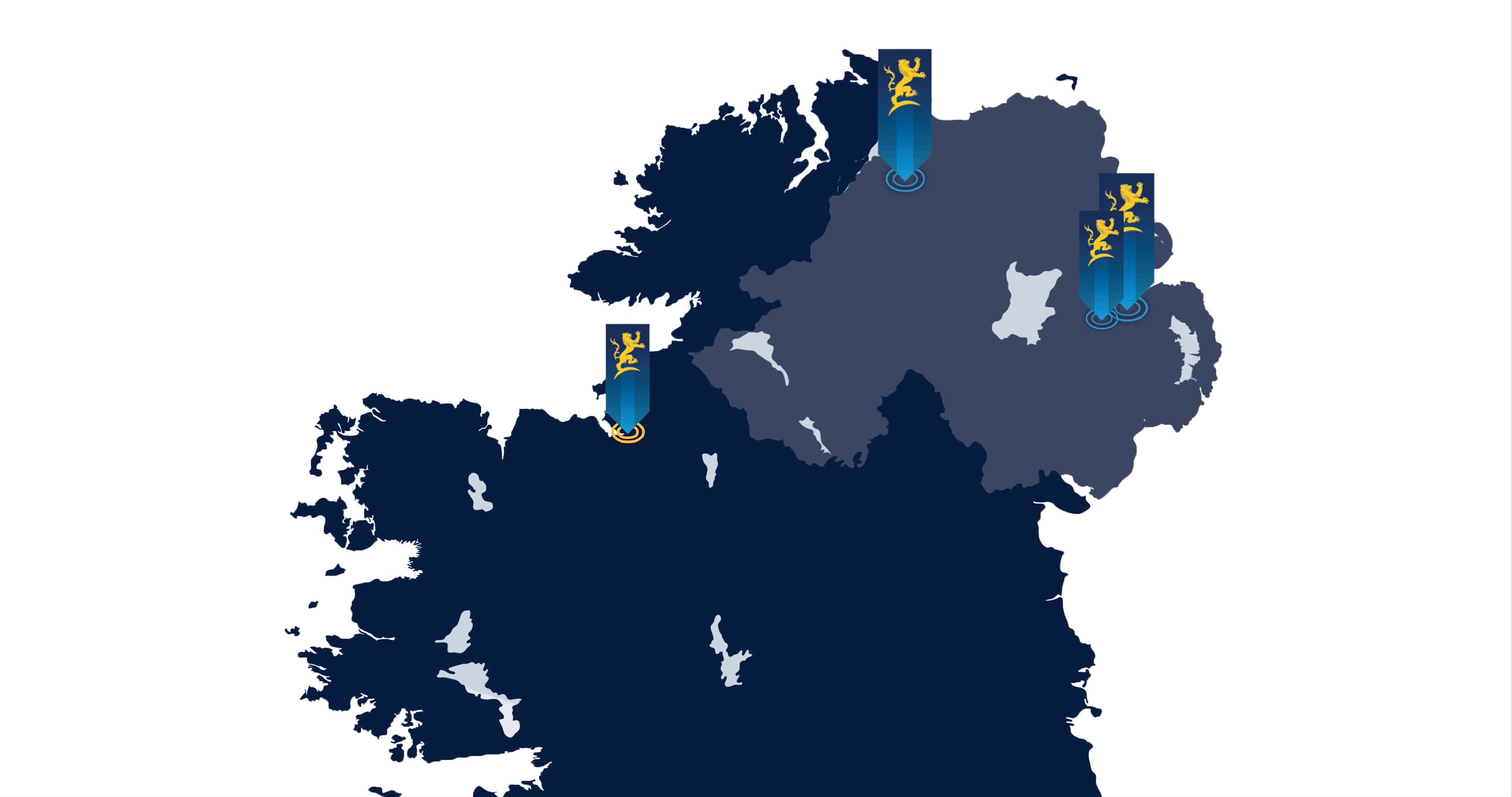
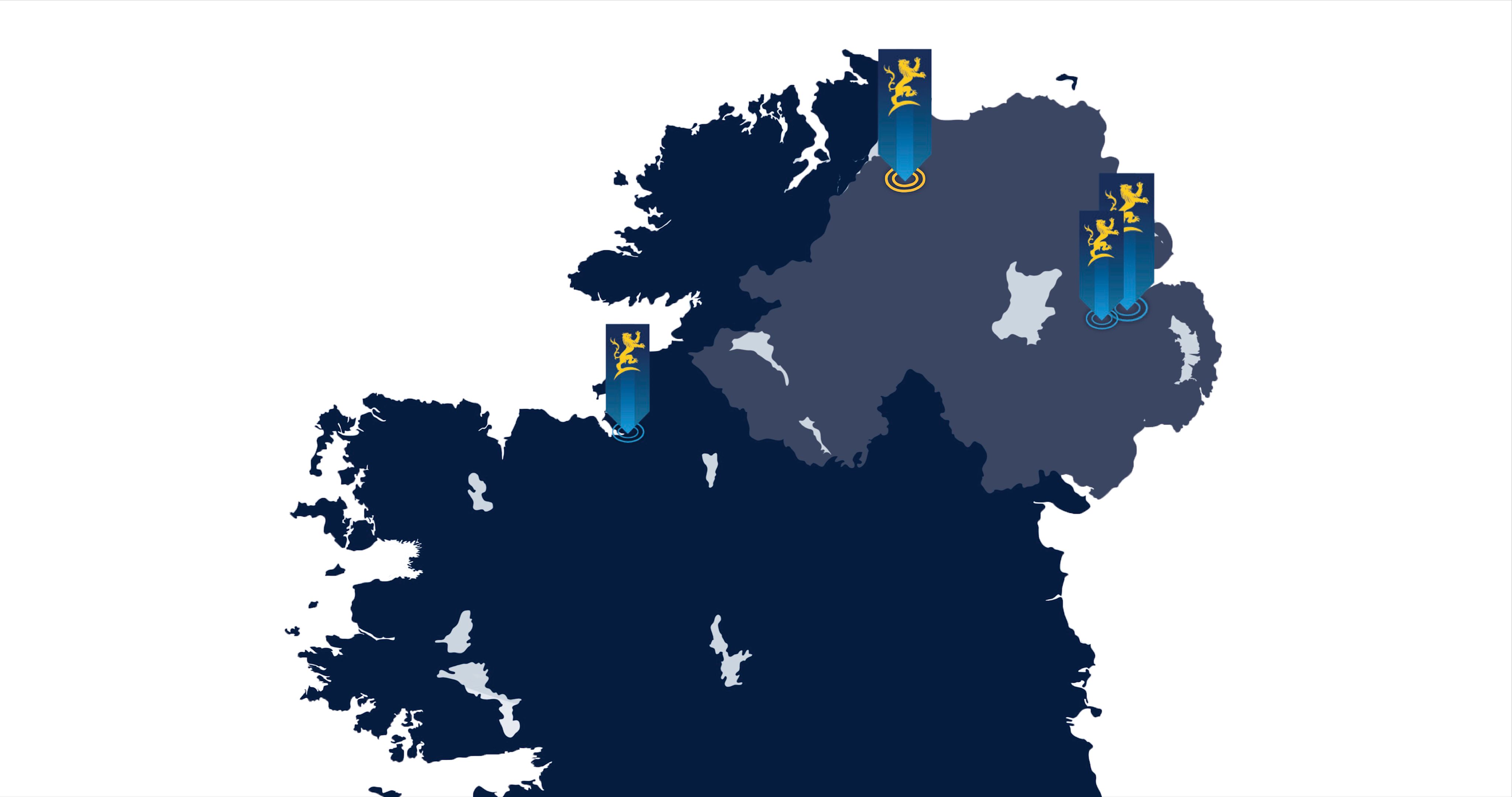
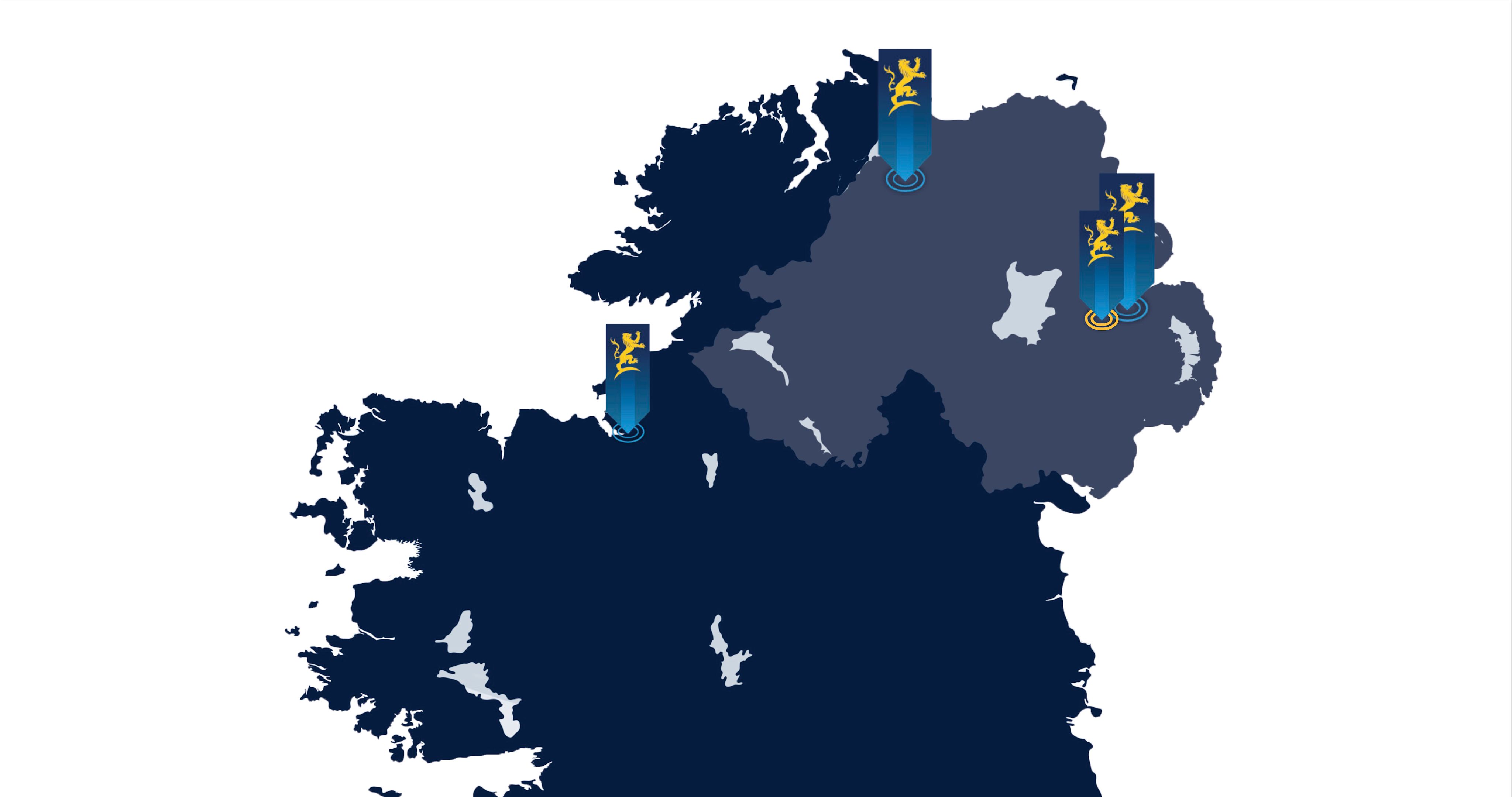
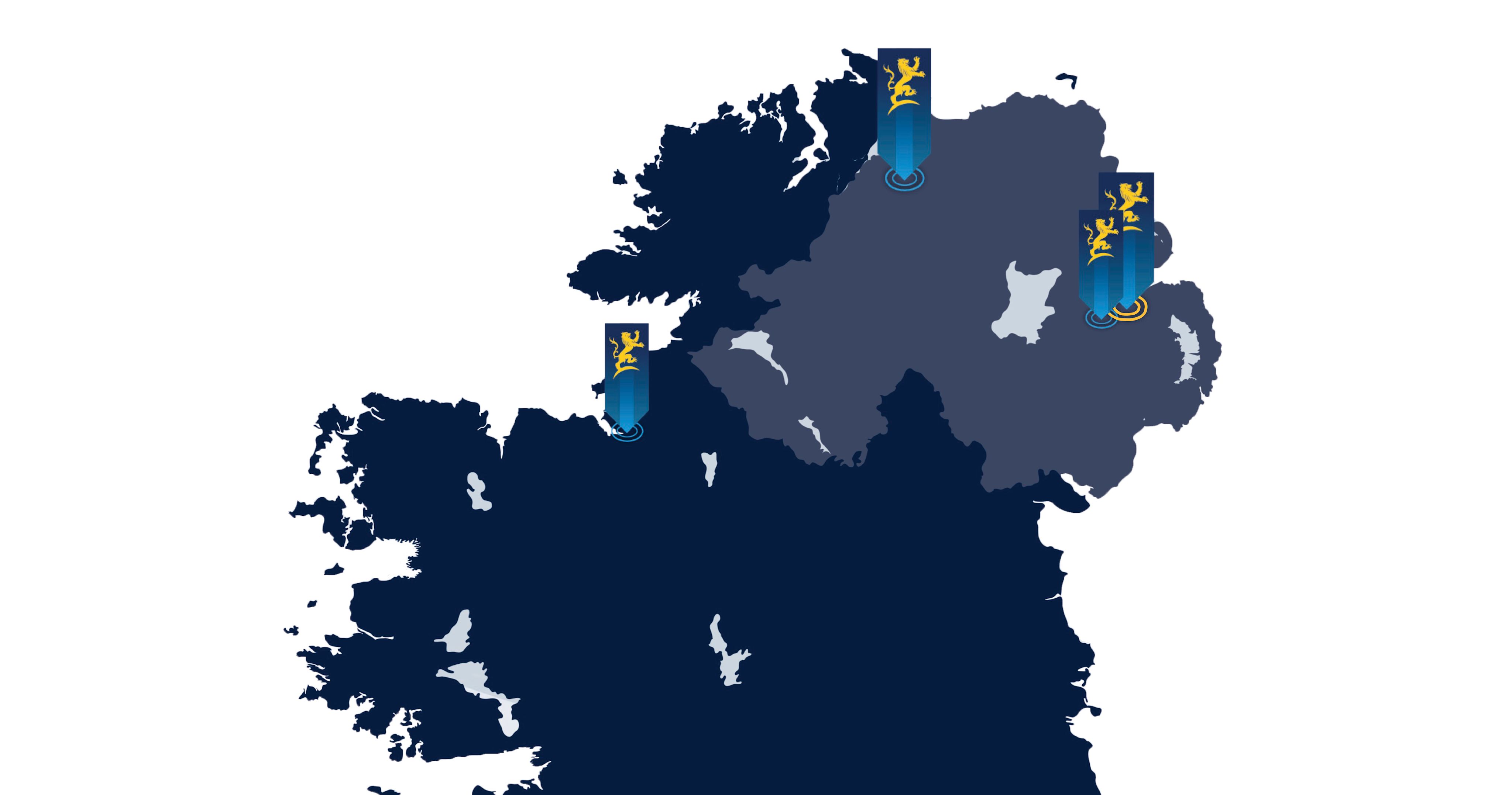
Kingsbridge Private Hospital - Sligo
Kingsbridge Private Hospital - North West
Kingsbridge Diagnostic & Treatment Centre
Kingsbridge Private Hospital - Belfast
Collaboration between public and private
Since its establishment in 2005, Kingsbridge has had a substantial volume of NHS partnerships.
Mark said: “We’re very proud that the patients who come from the public system are treated exactly the same as the private. Patients in our hospitals all get the fluffy bathrobe, the fluffy slippers, the five star food – the full hotel experience. We don’t differentiate. That’s part of what we wanted to do from the outset, to increase the offering for healthcare within the Northern Ireland system.”
In England, the number of people waiting for treatment longer than a year stands at 0.6 per cent of the whole population. In the Republic of Ireland, that figure is just under three per cent, around five times worse.
In Northern Ireland, however, that number is 14 per cent of the whole country – 20 times worse than in England.
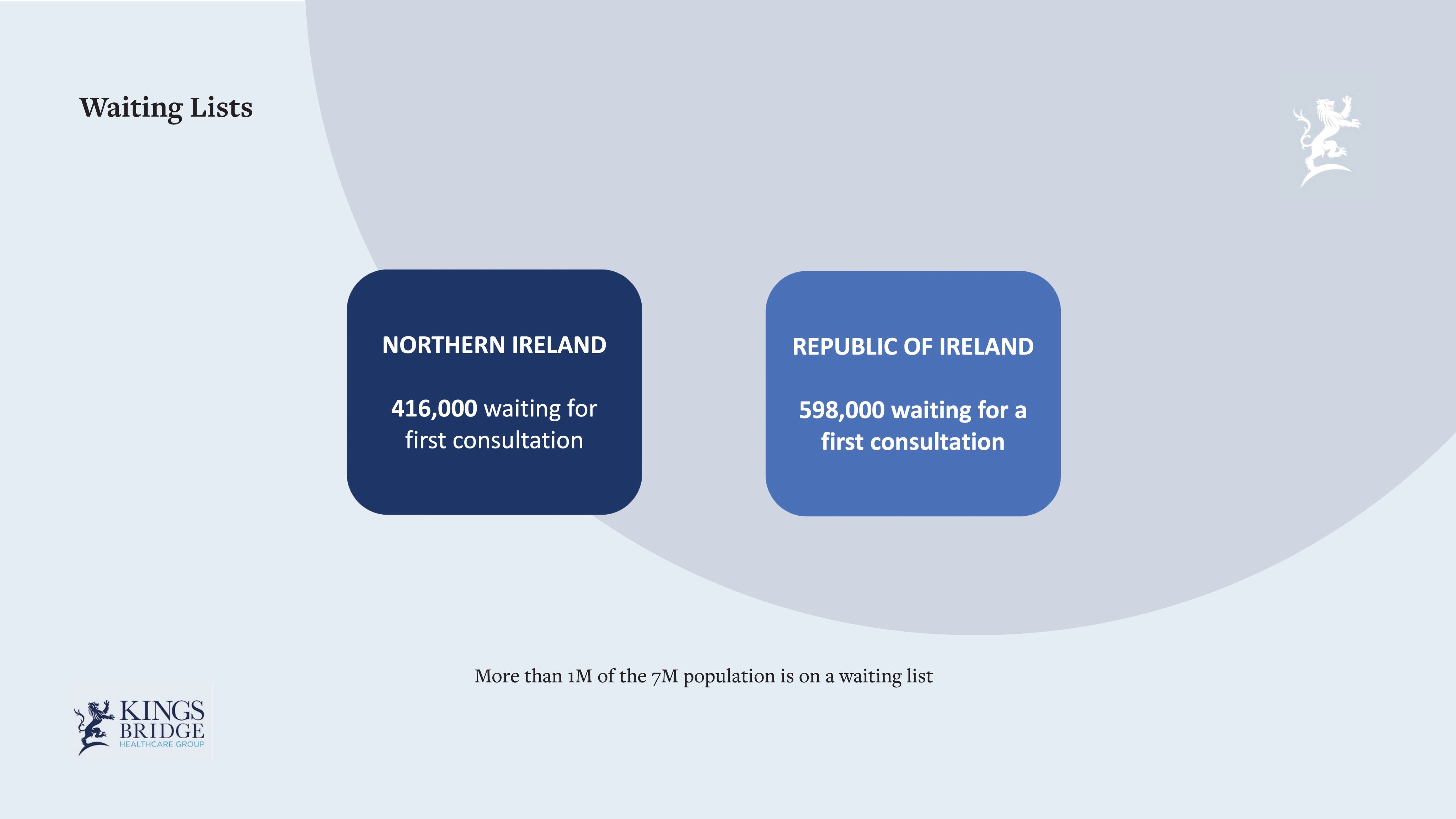
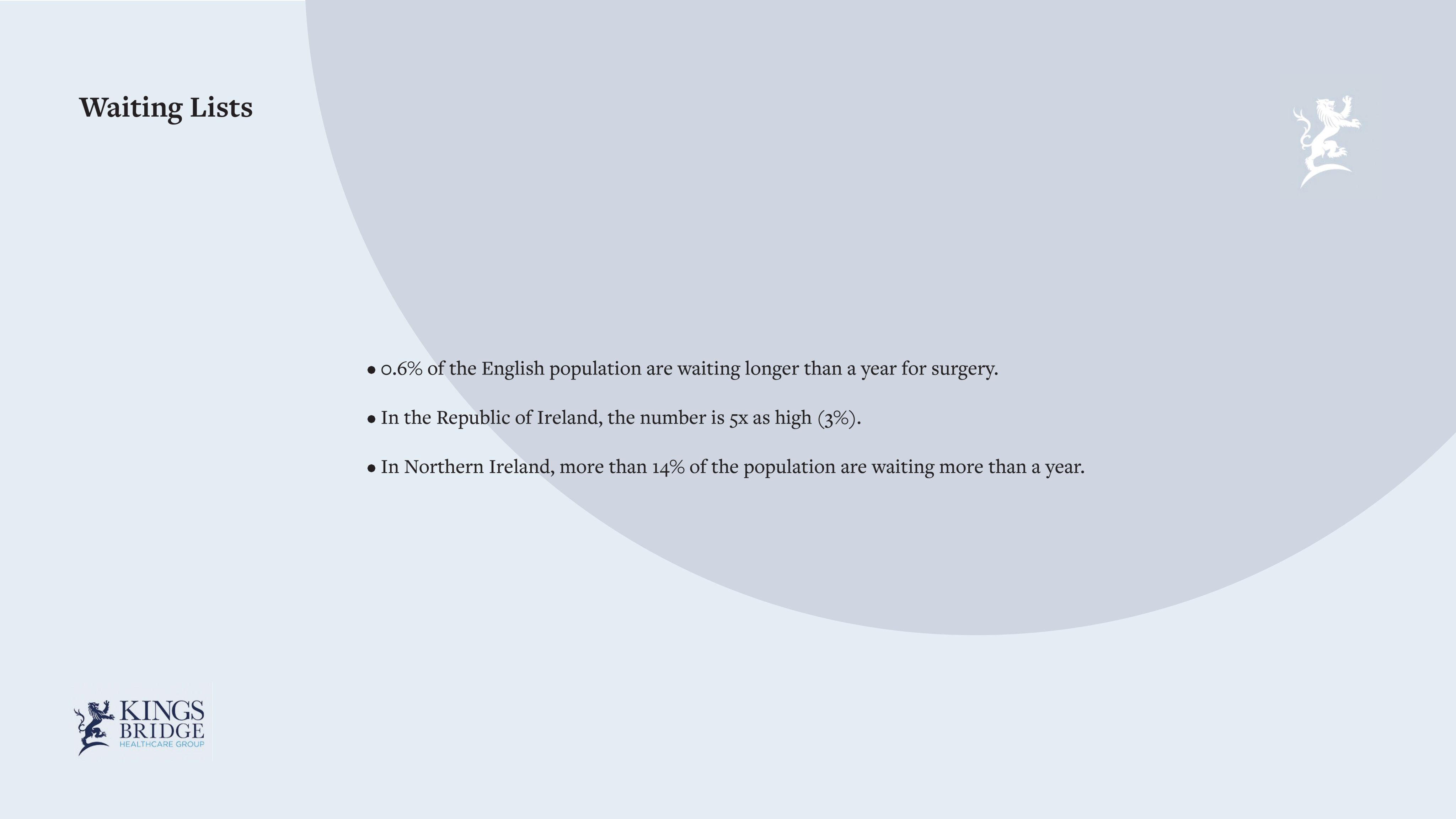
Mark emphasised that the NHS in Northern Ireland is in “massive need” of transformation of services, but that it isn’t getting the political leadership for this. In order to achieve both a long-term fix and a short-term one, it will need to outsource to see improvements in access.
In the long term, the NHS in Northern Ireland 10-year plan will cost around £1 billion, but Mark warned there is “no capacity in the public system – so we will have to use the private system to do that.”
“We certainly see ourselves as being wedded and integrated into the public system for at least the next 10 years,” he said. “And in my opinion personally, for the rest of my life and anyone else reading this’s life, there will be an increase in public-private partnership. It doesn’t have to purely be about profit. The profit within this company is significantly reinvested back into the facilities that we have here today.”
The Kingsbridge Healthcare Group operates four hospitals across Northern Ireland and one in the Republic of Ireland, employing around 1,000 staff with state of the art equipment and theatres.
With 30 percent of its work being through partnership with the NHS, Mark explained it is “undoubtedly a good thing” that this profit is reinvested.
Shortages in radiography
Around 90 per cent of all secondary care patients in Northern Ireland experience or touch on the services of the imaging departments, meaning radiography is “undoubtedly embedded” in the patient pathway.
The shortages in radiography are even more pronounced, Mark explained, because of the overall percentages of staff. For example, there are only around 1,500 radiographers in Northern Ireland in total. This means there is less capacity for “slippage,” and even a small number of retirees or job-leavers can have a significant percentage impact on deliverables.
He added: “Increasingly, the Society of Radiographers and College of Radiographers has been more upfront and visible in terms of voicing the concerns and needs of radiographers in Northern Ireland over the last five years or so. That’s got to be welcomed, there’s got to be more of that. There’s more attention in the media now too, when radiographers are vocal or vote with their feet through strike action. There’s a bit of pride when I hear that.”
Find out more...
Kingsbridge Healthcare Group was founded in 2006, initially under the 3fivetwo Healthcare brand.
The company is now Northern Ireland's largest private healthcare provider, and also has a strong presence in the Republic of Ireland.
Image credit: Kingsbridge Healthcare Group
Now read...



